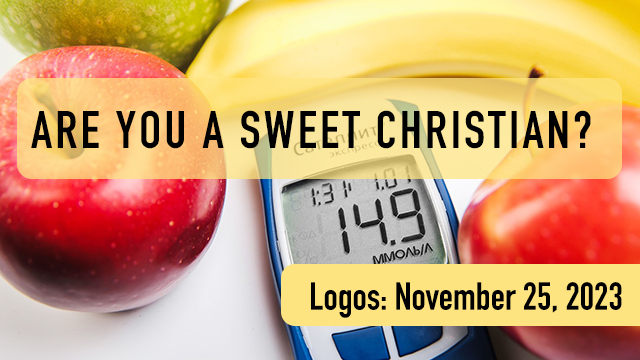
Being diagnosed with diabetes may come as a surprise or shock to many. Some accept it and some go in denial saying, ‘I ain’ claiming that!’ Some persons may see it as a death sentence.
Diabetes affects millions of people worldwide. In The Bahamas, it is a growing problem. The STEPS Survey (2019) reported that approximately 44, 000 persons are living with diabetes.
Diabetes is a condition where blood sugar levels are abnormally high or simply put, there is too much sugar in the blood. So, how do you know how sweet you are or how much sugar is in your blood? According to the World Health Organization (2023), the expected values for normal fasting blood glucose concentration are between 70 mg/dL and 100 mg/dL). When fasting blood glucose is between 100 to 125 mg/dL changes in lifestyle and monitoring glycemia are recommended. (This is also termed pre-diabetes). If fasting blood glucose is 126 mg/dL or higher on two separate tests, diabetes is diagnosed.
There are 3 main types of diabetes: type 1 diabetes where the body produces little to no insulin; type 2 diabetes where the body produces insulin, but it does not work well (insulin resistance) and gestational diabetes, where the body cannot make enough insulin during pregnancy.
There are some risk factors that really increase the chances of developing diabetes such as not being physically active, having poor nutrition, smoking, drinking, being overweight or obese, getting older, having high cholesterol, history of gestational diabetes (having diabetes during pregnancy period only), ethnicity and family history.
The theme for World Diabetes Awareness Month 2023 is, ‘Know Your Risk, Know Your Response.’ According to the Center for Disease Control (2023), some of the classic symptoms of diabetes are urinating (peeing) more, being very thirsty, being very hungry, losing weight without trying, feeling very tired, having blurry vision, tingling or numb hands and feet, having very dry skin, having sores that take a long time to heal and having more infections than usual. Did you know that it takes about 10 years for these symptoms to appear? Hence, it is extremely important to get your annual physicals done and let your physician know if you have any of these symptoms.
Diabetes may be somewhat challenging to manage on your own but in Matthew 11:28 Jesus invites us to, “Come to me, all who labor and are heavy laden, and I will give you rest. In Jeremiah 30:17, we are reminded, “But I will restore you to health and heal your wounds,’ declares the Lord, ‘because you are called an outcast, Zion for whom no one cares.’” And we are assured in Philippians 4:13 that we can do all things through Christ who strengthens us.
So, if you are diagnosed with type 2 diabetes do all you can to reverse it. Our bodies are God’s temple, so we have a spiritual obligation or responsibility to care for ourselves optimally.
Practicing the principles of NEW START (Nutrition – make smart food and beverage choices), E (Exercise – become active and stay active), W (Water – drink enough to keep your pee pale yellow and clear), S (Sunlight – get at least half hour daily), T (Temperance – use in moderation the things that are good for you and abstain from harmful things), A (Air – breath in fresh clean air), R (Rest – get at least 7 hours daily) and T (Trust in God – He is our source, our everything) is an excellent and smart way to prevent, manage and reverse diabetes, specifically type 2 diabetes and gestational diabetes, and to keep type 1 diabetes well managed.
Our church has no shortage of health and wellness programs and tools to help us live healthy lives. We also have a skilled team of dedicated and committed healthcare professionals who devote their time and resources to assist in the process. I encourage you to make full use of them. Reach out to us if you need our help.
3 John 2 reminds and assures us that God wants us to prosper and be in good health. So, how sweet are you? Are you caring well for your body temple? Are you truly representing the God you serve when it comes to your health?
-Shandera Smith, Health Ministries Director, South Bahamas Conference of Seventh-day Adventists

